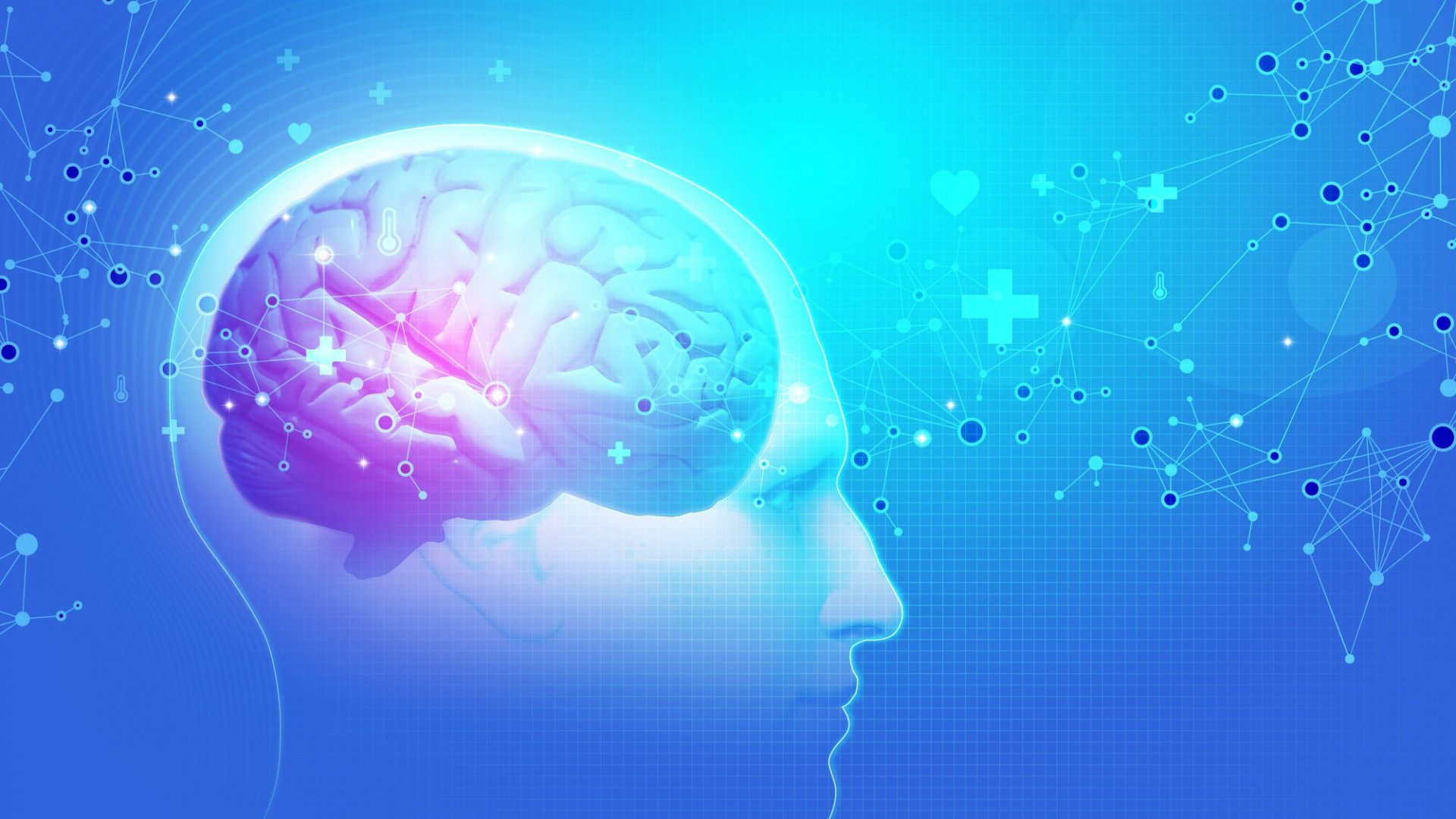Memory is a fascinating aspect of human cognition that shapes our experiences, identities, and interactions with the world. From recalling cherished moments to learning new skills, our ability to remember plays a crucial role in our daily lives. But how exactly does memory work? What processes are involved in forming, storing, and retrieving memories? In this article, we delve into the intricate science of memory, exploring the mechanisms behind how our brains remember and why we sometimes forget.
1. Encoding Memories:
The journey of memory begins with encoding, the process by which information is transformed into a format that can be stored in the brain. When we encounter new experiences or information, our brains selectively process and integrate this information based on its significance and relevance. Certain factors, such as attention, emotion, and repetition, can enhance the encoding process and increase the likelihood of retaining memories.
2. Storage and Consolidation:
Once encoded, memories are stored in various regions of the brain, including the hippocampus, amygdala, and cerebral cortex. The process of consolidation involves stabilizing and strengthening newly formed memories over time, allowing them to be stored in long-term memory. During sleep, particularly during the rapid eye movement (REM) stage, the brain undergoes crucial processes of memory consolidation, transferring information from short-term to long-term memory storage.
3. Types of Memory:
Memory is not a monolithic entity but rather a complex system comprised of different types and subtypes. The most widely recognized classification of memory includes sensory memory, short-term memory, and long-term memory. Sensory memory briefly retains sensory impressions, such as sights, sounds, and smells, while short-term memory holds information temporarily for immediate use. Long-term memory, on the other hand, stores information for extended periods, ranging from minutes to a lifetime.
4. Retrieval and Recall:
Retrieving memories involves accessing stored information from long-term memory and bringing it into conscious awareness. The process of recall can be influenced by various factors, including the context in which the memory was formed, the strength of the memory trace, and the presence of retrieval cues. Sometimes, memories may be temporarily inaccessible due to interference or retrieval failure, leading to phenomena like tip-of-the-tongue experiences.
5. Forgetting and Memory Failure:
Despite the brain’s remarkable capacity to store vast amounts of information, forgetting is an inevitable aspect of memory. Memory failure can occur at any stage of the memory process, from encoding and storage to retrieval. Common factors contributing to forgetting include decay over time, interference from competing memories, and retrieval cues that are insufficient or misleading. However, forgetting is not always a sign of dysfunction; it can also serve as a mechanism for prioritizing relevant information and streamlining cognitive processes.
6. Neurobiological Basis of Memory:
Advances in neuroscience have deepened our understanding of the neurobiological basis of memory. Research has identified specific brain structures, neural circuits, and neurotransmitter systems involved in memory formation and retrieval. For example, the hippocampus plays a crucial role in spatial memory and episodic memory, while the prefrontal cortex is involved in working memory and executive function.
7. Memory Disorders and Impairments:
Disruptions to the memory system can result in memory disorders and impairments that impact daily functioning. Conditions such as Alzheimer’s disease, dementia, and amnesia are characterized by significant deficits in memory function, often accompanied by other cognitive and behavioral changes. Understanding the underlying mechanisms of memory disorders is essential for developing effective interventions and treatments to support individuals affected by these conditions.
8. Enhancing Memory Performance:
While memory abilities can vary among individuals, there are strategies and techniques that can help enhance memory performance and retention. These include mnemonic devices, spaced repetition, cognitive training exercises, and maintaining a healthy lifestyle. Engaging in mentally stimulating activities, staying physically active, and prioritizing adequate sleep can all contribute to optimizing cognitive function and preserving memory health.
Final Thoughts: Unlocking the Mysteries of Memory
Memory is a multifaceted phenomenon that continues to intrigue scientists and researchers across disciplines. By unraveling the complexities of memory formation, storage, and retrieval, we gain insights into the workings of the human mind and the mechanisms underlying our capacity to remember and forget. As our understanding of memory deepens, so too does our appreciation for its profound impact on our lives and our identities.

